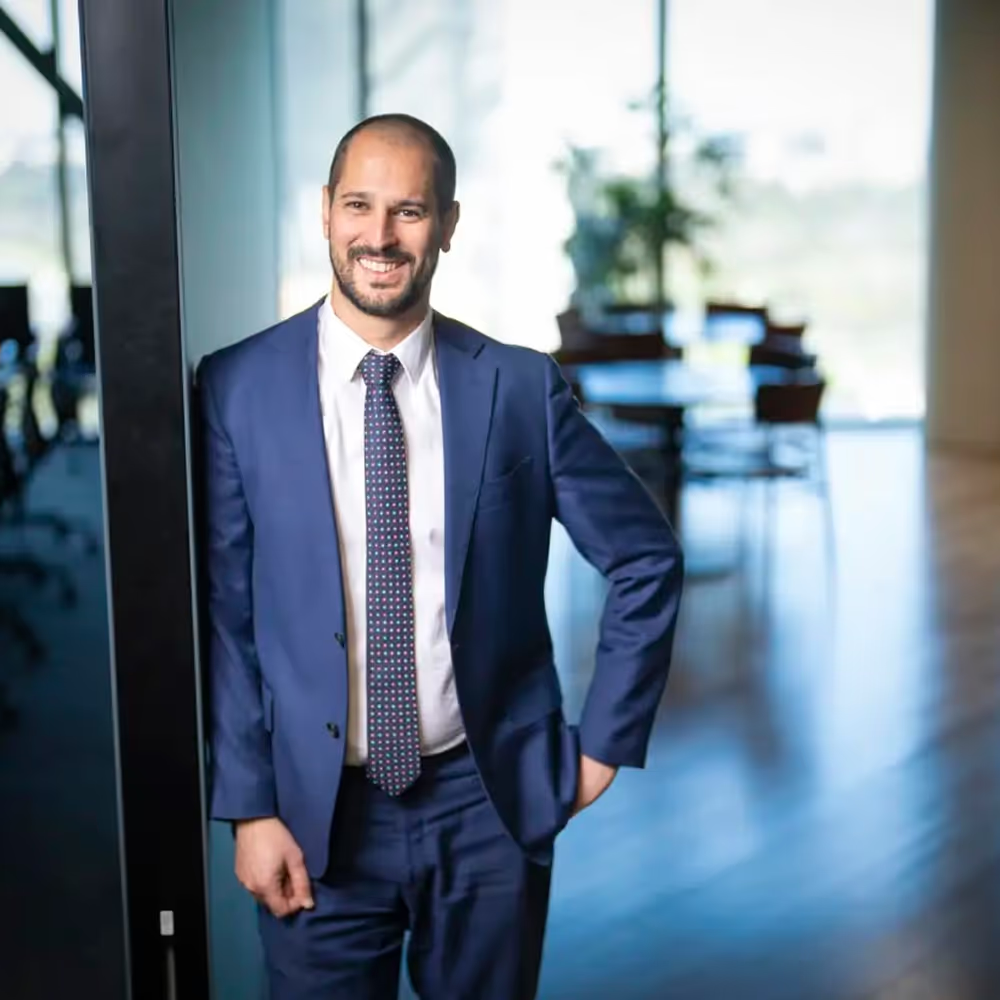A growing chorus in the investment community is warning that investors need to climate-proof their portfolios or risk missing out on potentially overlooked returns offered by the global transition to a zero-carbon economy.
This comes amid an accelerating urgency by many overseas governments to implement measures aimed at achieving net zero emissions by 2050. This is to avoid reaching the critical 1.5-degree tipping point which the United Nations Intergovernmental Panel on Climate Change (IPCC) says at current rates could occur as early as next decade.
Australia remains with the same commitment made in 2015 under then prime minister Tony Abbott – to be 26 to 28 per cent below 2005 levels by 2030.
The investment required to decarbonise the planet is estimated to be more than $US30 trillion ($41 trillion), presenting people with a rare opportunity to invest in companies that will be involved in the race to net zero.
“Climate change is the next major mega-trend, and we believe it represents the biggest investment opportunity since the internet,” says portfolio manager at Munro Partners James Tsinidis.
“We’re just at the beginning of the next big S-curve, a massive and sustainable decades-long growth trend.”
Tsinidis has kept an eye on the growing risks posed by climate change for more than a decade, but in the past few years he’s seen momentum accelerate as the world becomes more aware of the consequences of a rapidly heating planet.
“We’ve increased our exposure over the last three years because after meeting companies across a range of sectors, we’ve noticed that climate targets have started appearing near the front pages of their pitch books,” he says.
“The same thing is happening with governments across the world and in the investment industry – firms are increasing their environmental, social and corporate governance (ESG) targets.”
Corporate Australia is rapidly joining the movement, with 54 per cent of companies on the S&P/ASX 100 and 38 per cent of those on the S&P/ASX 200 having a net zero emissions target, according to Macquarie Group.
Global investment manager Schroders has been vocal about its position on climate change. Sam Hallinan, CEO of the firm’s Australian operations, says it is the most important social, political and economic issue of the 21st century. This will be reflected in how the firm deploys its capital, says Simon Doyle, head of fixed income and multi-asset.
“It’s essential that the risks and opportunities from climate change are comprehensively reflected in asset allocation decisions,” he says.
“Incorporating climate risk into our capital market assumptions has been an important evolution of our investment process, allowing us to consider climate risk in all aspects of the portfolio construction process and shaping decisions around which assets, regions, countries and companies we provide capital to.”
The convergence of investor, corporate and country targets to help reduce carbon emissions is creating a powerful tailwind for investment.
The trillions of dollars in expenditure are expected to be spread across many sectors, according to forecasts by Munro Partners, giving investors a wide range of choices.
Investment strategist Giselle Roux, however, warns investors to take a macro approach. “In the rush to get into climate change stocks, the risk is that people could ignore other aspects of these companies – for example, corporate governance or valuations. Make sure there is good engagement across all criteria – not just climate change,” she adds.
As an example of valuation risks, she cites the launch of a number of climate-focused ETFs this year. “They all chased the same stocks, they spiked, they were shorted and the performance dropped.”
Almost a quarter of the $US30 trillion is expected to be spent on energy efficiency. Munro Partners holds New York Stock Exchange-listed Trane Technologies, whose low-emission heating and cooling products help commercial and office buildings achieve better energy efficiency ratings.
The next largest recipient at 18 per cent is expected to be the renewables sector. Tsinidis points to clean energy companies such as NextEra, the largest renewables developer in the US, or Vestas, the world’s largest wind turbine business, as key beneficiaries.
Also at 18 per cent is the passenger electric vehicle industry and companies that are integral to clean transport, including battery suppliers like Samsung SDI in South Korea.
Evidence of this was seen when US investment giant BlackRock funnelled more than $100 million into Australian electric vehicle charging provider JOLT through its BlackRock Real Assets arm. The investment kick-started JOLT’s $500 million plan to roll out 5000 free charging stations nationwide.
It marked the first investment in the EV charging sector made by BlackRock Real Assets in the Asia-Pacific region, and forms part of the deployment of its latest push into global renewable power, which raised $US4.8 billion at its final close this year.
The move comes as BlackRock warns investors not to ignore the impact of climate risks, while emphasising the window of opportunity to position their portfolios is shrinking.
“Investors should no longer view the transition to a low-carbon economy as a distant event as it is happening here and now,” says Wei Li, BlackRock’s global chief investment strategist. “Climate risk is investment risk, and the narrowing window for governments to reach net-zero goals means that investors need to start adapting their portfolios today.”
For BlackRock, this includes bolstering holdings in “climate-resilient” sectors such as technology and healthcare, which it believes are most likely to benefit from a green transition. It views carbon-intensive sectors including energy and utilities as likely laggers.
Li reinforces that it’s not too late to make portfolio changes, and opportunities to snap up undervalued companies still exist.
“We are still in the early stages of a tectonic shift toward sustainable investing, and the full consequences of this shift are not yet in market prices,” she says.
“We expect green assets that are likely to benefit from the transition to a low-carbon economy to outperform during this shift – this is one reason for investors to keep tabs on the progress of climate change and climate transition.”
This article was originally posted on The Australian Financial Review here.
Licensed by Copyright Agency. You must not copy this work without permission.











.jpg)



